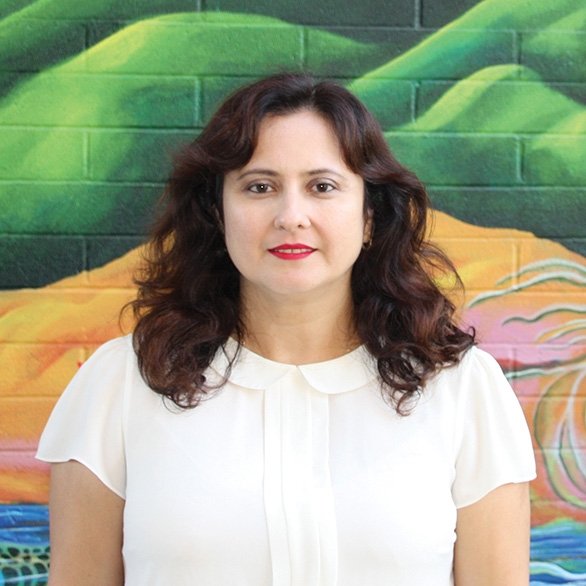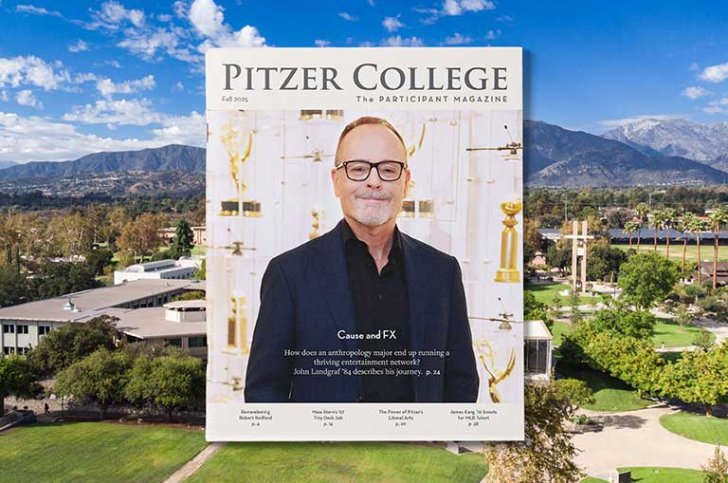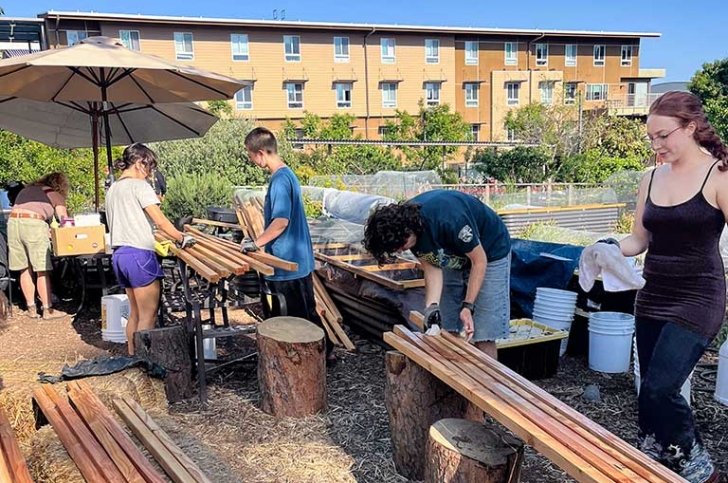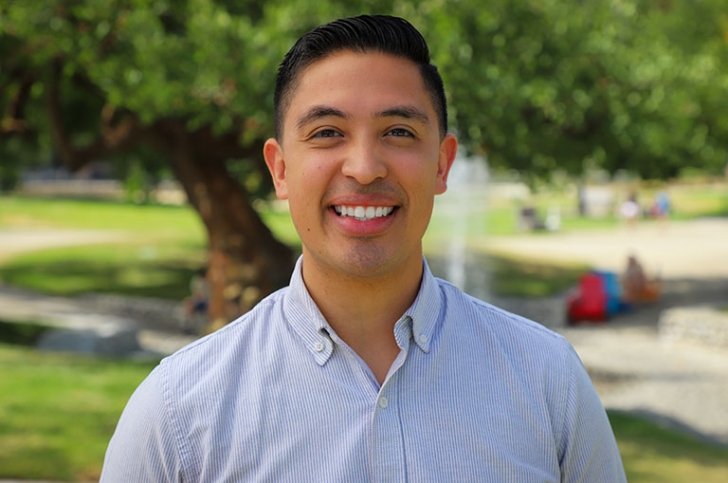Being the Change the World Needs
Professor Suyapa Portillo Villeda '96 shares what she tells her students about the power of the liberal arts


After I graduated from Pitzer, I worked on organizing projects around Los Angeles for six years. I decided to apply to history doctoral programs even though I’d majored in psychology and Spanish (actually, it was Latin American literature, but the major didn’t exist, so it appears as Spanish on my degree). Why did I make such a significant change? Because of something Professor Miguel Tinker Salas told me while I was deciding on a doctorate in Spanish lit or history.
“With history you can do anything,” he said. “You can write about Latin American literature, philosophy, or anything else. It’s freedom.”
He made it possible for me to imagine the field of history as a wide-open space for thinking about the past, present, and beyond. He helped me to see a wide horizon of possibilities, not a narrow one. Pursuing Latin American and Latinx history, one of the liberal arts’ traditional pillar disciplines, was a way to do that.
I don’t regret my decision at all. Today I feel the freedom that he assured me I’d find. I’m free to think about society and the world; understanding the past is especially critical in our turbulent present. My experiences taught me why a liberal arts education is valuable: It possesses a flexibility that allows you, if you want, to change directions and study—and become—something else.
The education I received gave me a foundation that has enabled me to have a breadth of knowledge and be inquisitive—and respectful—about the world around us. Often, during Pitzer’s first-year seminar course, I want my incoming students to understand this. Some of what I tell them is worth repeating here. I want to dispel the notion that anyone in the humanities is not able to make changes. When it comes to the humanities, especially in a liberal arts environment and including interdisciplinary scholars, we do have the power to effect real changes.
In fact, when you take an interdisciplinary approach to your studies, this can help you change how people think about power and bodies of knowledge that will encourage them to take a broad-minded approach to problems. This process might be long and tedious, difficult, sticky, and we may not see results right away, but it is worth it.
This is something that our Chicano/a Latino/a studies and ethnic studies programs, and historians in general, have done (over time) in various disciplines. Vital to these programs has been a series of interdisciplinary projects between historians, students, and community members and an effort to change knowledge so radically that diversity and intersectionality is critical—and anything else would be boring and old.
Understanding how power operates in a society (how neoliberal markets move people and resources inequitably) was a radical shift in my thinking as a Pitzer student. Even more radical was learning how people have subverted and challenged power in unexpected ways to construct new responses and more just societies. This is something exciting: This complex, generative thought process is what I share with my students. It does not matter what you do or where you do it, I tell them; if you can learn to think critically about power, you can learn how to make changes, too.
I also tell them that my classroom is not restricted to the community around us, either; we look beyond—throughout the Western Hemisphere and the Global South. Historical actors making change in L.A. or anywhere else enter my class and tell their stories. (I see L.A. as a magnificent social justice laboratory in which my students can explore complex, intersectional issues through various projects and field trips).
Many times people who have been trained in a formal discipline will critique the interdisciplinary approach because they are concerned that it will be hard to teach (and learn) such skills. I invite my students to worry less about any challenges and consider a more important possibility—that such an experience will instill in them an ability to study from multiple perspectives, disciplines, and genres. Not only will they understand how to break down power constructs, they will learn how to build.
This kind of understanding isn’t just important. Like my professor once said, it’s a form of freedom.
Suyapa Portillo Villeda '96 is professor of Chicano/a-Latino/a transnational studies at Pitzer College.
News Information
Published


